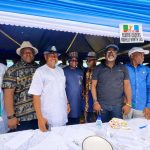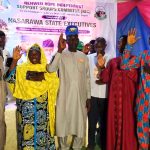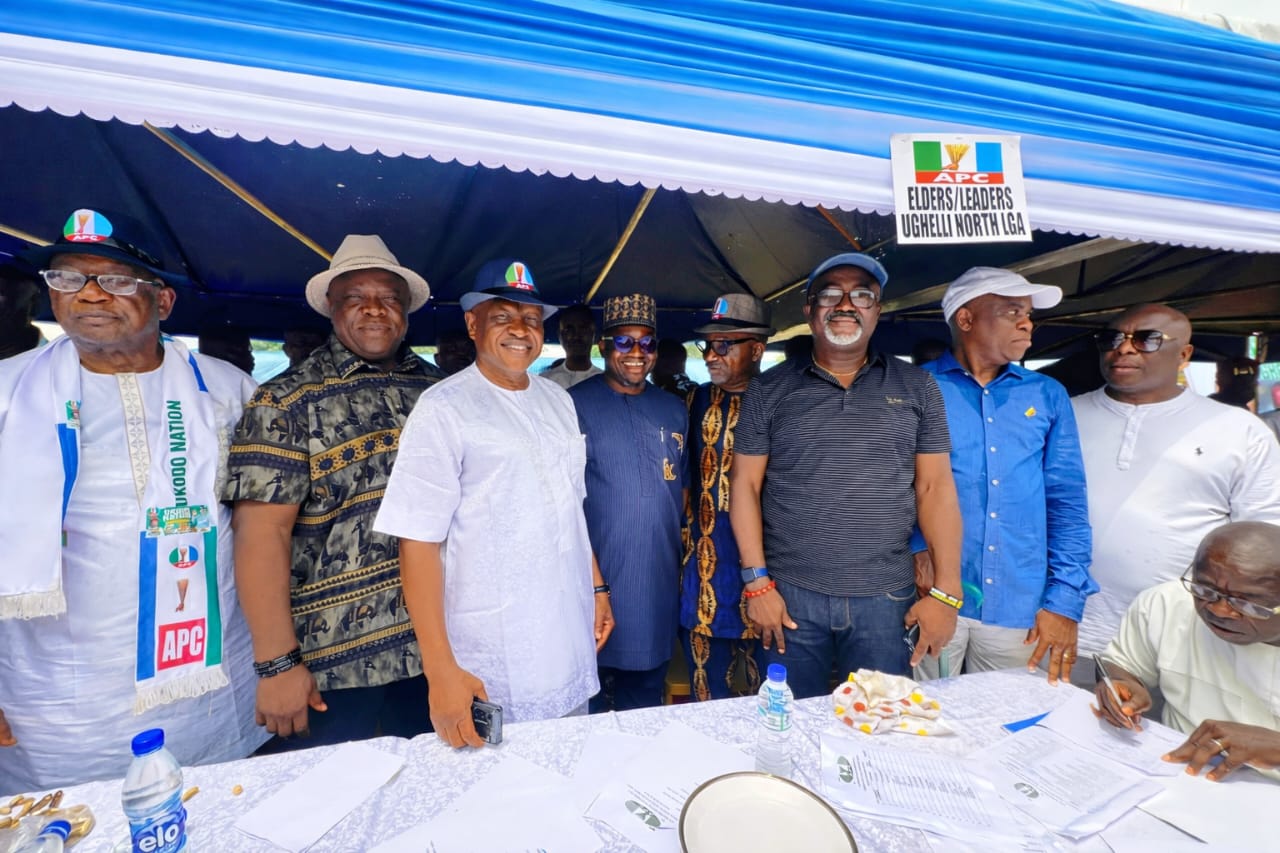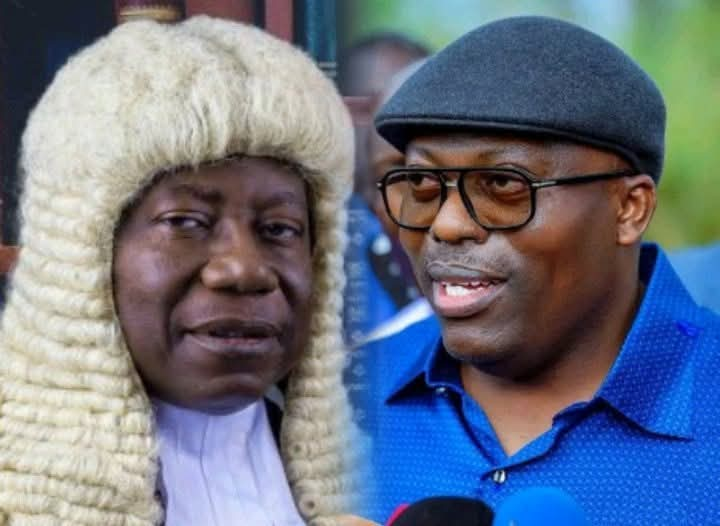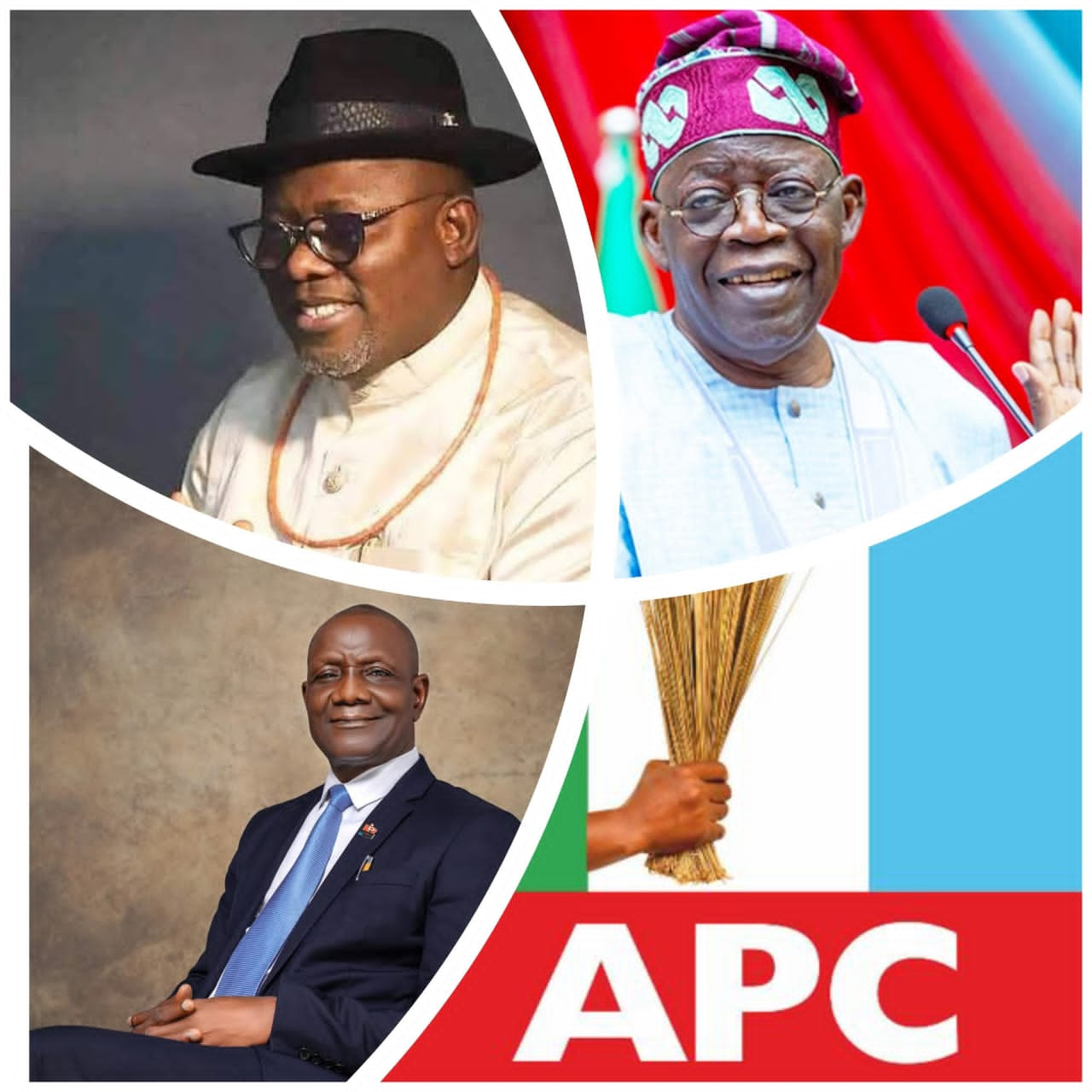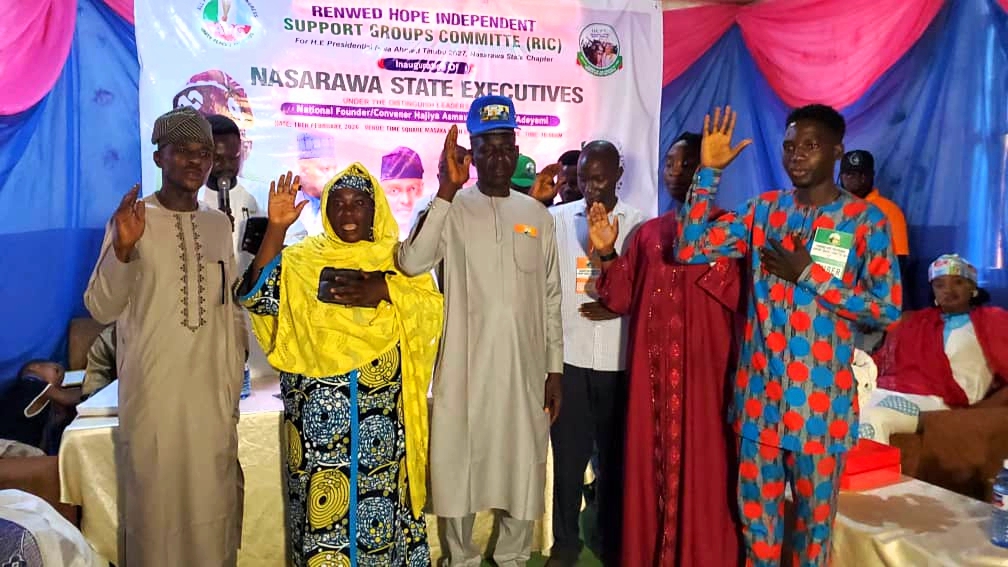Oborevwori Presents N1.664 Trillion Budget for 2026 with 70% for Capital Projects
Delta State Governor, Rt. Hon. Sheriff Oborevwori, on Wednesday presented a N1.664 trillion Appropriation Bill for 2026 to the Delta State House of Assembly, with a bold 70 percent dedicated to capital expenditure, signaling an aggressive push for infrastructure expansion and socio-economic development in the 2026 fiscal year.
The presentation, held at the hallowed chamber of the Assembly Complex in Asaba, was made pursuant to Section 121 of the 1999 Constitution (as altered).
Presenting the budget Christened; “Budget of Accelerating the More Agenda”, Governor Oborevwori said the budget was crafted against the backdrop of an improving national economy, with Nigeria’s GDP projected to grow by 3.9% in 2026.
He noted that rising oil revenues, stabilising fiscal and monetary policies, tax reforms, and renewed federal efforts in tackling insecurity have rekindled hope for economic expansion and improved living standards.
The governor explained that the 2026 budget is designed to drive inclusive and sustainable growth, develop human capital, accelerate infrastructure renewal, enhance social cohesion, reduce debt exposure, and ensure better resource management.
He said that the total budget size, ₦499 billion (30%) is proposed for recurrent expenditure, while ₦1.165 trillion (70%) is earmarked for capital projects, representing a 70% increase over the 2025 appropriation.
On revenue expectations, Oborevwori stated that the state anticipates significant improvement in Federal allocations following the removal of fuel subsidy.
Statutory Allocation including mineral derivation is projected at ₦720 billion, accounting for 43.28% of total revenue, reflecting a 23.75% rise from the previous year. He also disclosed that ongoing reforms in Internally Generated Revenue (IGR) collection are expected to yield ₦250 billion in 2026, an 86.5% increase over 2025, driven by professionalized revenue processes and a broader tax net.
The governor noted a “projected ₦120 billion from VAT remittances”, citing improved VAT administration at the national level, adding that capital receipts are deliberately reduced to ₦25 billion as the state aims to maintain a zero-borrowing posture, while ₦489 billion is expected from savings and oil revenue recoveries, reflecting what he described as “the fiscal discipline and prudence” of his administration.
In the expenditure breakdown, personnel costs are estimated at ₦185 billion, overheads at ₦204 billion, and ₦110 billion allocated for social contributions, benefits, and grants.
The governor emphasized that these figures reflect inflationary trends and the state’s commitment to workers’ welfare.
Oborevwori highlighted key sectors earmarked for priority funding in 2026, saying that the Works Ministries (Urban Highways, and Rural and Riverine Roads) will jointly receive ₦450 billion to accelerate strategic road development across the state.
Education is allocated ₦105.086 billion to strengthen access to functional learning, while the health sector receives ₦50.067 billion to improve existing infrastructures across 441 primary healthcare centres, 65 general hospitals, and three tertiary facilities.
The Delta State Capital Territory Development Agency is slated to receive ₦20 billion, with the governor reaffirming his commitment to addressing flooding and expanding urban infrastructure in Asaba.
A similar sum is allocated to the Warri, Uvwie and Environs Development Agency, as massive road and flyover projects continue reshaping the oil city.
In the areas of agriculture, energy, and social protection, the proposed budget dedicates ₦10 billion to boost food security and agro-investment; ₦16 billion to strengthen electricity supply through the state’s upcoming multi-grid template; and ₦20 billion to scale up social intervention programmes aimed at lifting more Deltans out of poverty.
Additionally, ₦100 billion is reserved for direct interventions across all 25 local government areas, translating into an average of ₦4 billion each.
On security, the governor reiterated his administration’s resolve to deploy cutting-edge technology, including drones and advanced surveillance equipment while continuing logistical and financial support to security agencies.
Oborevwori, who is the immediate past Speaker of the Assembly, commended the House for its partnership and urged members to expedite consideration and passage of the budget to sustain ongoing development momentum.
He reaffirmed his administration’s commitment to building “a prosperous, secure, and stronger Delta where no one is left behind.”
Earlier in his welcome remarks, Speaker of the State House of Assembly, Rt. Hon. Emomotimi Guwor described the budget presentation as an affirmation of the covenant between government and citizens.
He praised the governor’s leadership, noting significant achievements under the MORE Agenda, including strategic flyovers, expanded road networks, improved healthcare facilities, strengthened education, and empowerment programmes.
Guwor also commended the governor for approving the Consolidated Legislative Salary Structure (CONLESS) and initiating the construction of permanent offices for the Assembly Service Commission.
He assured the governor of the Assembly’s resolve to undertake a thorough and timely review of the appropriation bill, stressing that the Legislature remains committed to people-centered governance, accountability, and equitable development.
The Majority Leader, Hon. Emeke Nwaobi, subsequently moved for the adoption of the governor’s presentation, and the motion was seconded by Hon. Marilyn Okowa-Daramola, Chairperson of the House Committee on Finance and Appropriations.
The budget has now been formally laid before the House for legislative consideration.
